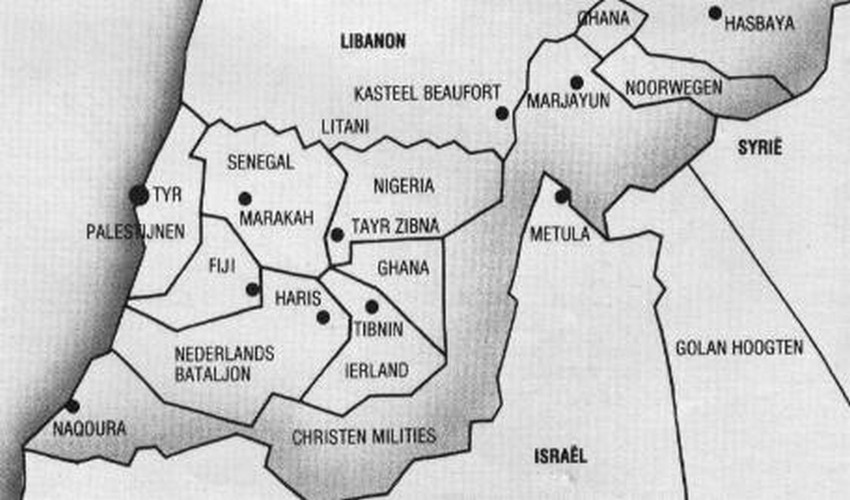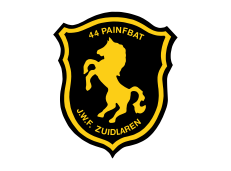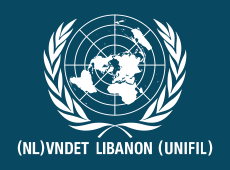
About VVL
Why the Veterans for Lebanon Foundation was founded....
Background
The Lebanese civil war (1975-1990) was a complex and protracted conflict that resulted in significant destruction and displacement. The war began on 13 April 1975 and concluded with the Taif Agreement on 13 October 1990.
From the onset of the war, Israel experienced a series of persistent terrorist attacks from southern Lebanon, perpetrated by Palestinian militants affiliated with the PLO.
The attack, in which 38 civilians were killed by Palestinian militants, took place on 11 March 1978 near Tel Aviv (the Coastal Road attack) and was the direct cause of the Israeli invasion.
Between 14 and 21 March 1978, the Israeli invasion (Operation Litani) of southern Lebanon occurred, with Israeli troops (IDF) occupying the area up to the Litani River with the objective of destroying the infrastructure of the Palestine Liberation Organisation (PLO).
In response, the Lebanese government submitted a formal protest to the UN Security Council.
On 19 March 1978, the UN Security Council adopted resolutions 425 and 426, which marked the inception of the UN peacekeeping force UNIFIL in southern Lebanon.
- Resolution 425 (1978): This resolution demanded that Israel immediately cease its military actions in Lebanon and withdraw its troops from all Lebanese territory. It also called for strict respect for Lebanon's sovereignty and territorial integrity.
- Resolution 426 (1978): This resolution endorsed the Secretary-General's report on the implementation of Resolution 425 and formally established the UNIFIL peacekeeping force for an initial period of six months.
- UNIFIL's original mission was to control the retreat of Israeli troops, restore peace and security in the area, and assist the Lebanese government in regaining its authority.
Subsequent to the formation of the United Nations Interim Force in Lebanon (UNIFIL), Israel commenced a partial withdrawal.
However, it should be noted that Israel did not hand over control of the border region to the Lebanese government, but rather to the Christian militia of Major Saad Haddad.
This area functioned as a buffer zone, which was subsequently formalised as the "South Lebanon Security Zone" in 1984. Consequently, the UN's intended stabilisation efforts were largely unsuccessful.

It is evident that Israel's primary objective, namely the permanent elimination of the PLO threat, has not been realised.
The situation remained in a state of flux, a factor which ultimately contributed to the larger-scale invasion in 1982.
From 1979 to 1985, more than 9000 Dutch people, mostly conscripts, contributed to the United Nations Interim Forces in Lebanon (UNIFIL) in southern Lebanon, in which 9 soldiers were killed.
The mission was complex, frustrating and has left deep scars on many veterans.
On February 25, 1979, 74 quartermasters left for Lebanon, the main force of almost 800 soldiers left on March 10, 1979.
De soldiers were deployed in southern Lebanon under the name Dutchbatt (Dutch Infantry Battalion).
On September 30, 1983, the Dutch contribution was reduced to the size of a company (about 150 soldiers) called Dutchcoy (Dutch Infantry Company).
On 23 October 1985, the last Dutch UNIFIL soldiers left Lebanon.
However, since 2017, the Netherlands has been providing a gender advisor to UNIFIL, in line with UN Resolution 1325 (Women, Peace and Security).
This is one female officer who in principle rotates every year.
Now, 47 years later, the UN peacekeeping UNIFIL force is still present on the border of Lebanon and Israel.
The UN Security Council unanimously decided on August 28, 2025, after pressure from the US, that the multinational peacekeeping mission will be terminated on December 31, 2026.
After almost fifty years, the UN peacekeeping force UNIFIL in Lebanon is coming to an end.
The 10,800 UNIFIL employees who will still be there will be gradually withdrawn in 2027.
Israel must withdraw its troops according to the agreements made, but in practice (as of Feb. 2026) has so far remained present at strategic points in southern Lebanon.


It is in November 2018 when Bert Kleine Schaars organizes a first trip with Dutch UNIFIL veterans. This is possible with the cooperation of, among others, the then Minister of Defense, Minister Bijleveld and the airline Transavia, which has just started direct flights Amsterdam / Beirut.
The second trip with multiple veterans and their wives or children is in March 2020.
It is another great trip through a country that has great poverty and unfortunately has few options of its own. Only recently have gas and oil fields been found off the coast. In fact, the country is completely dependent on food imports.Due to the global crises, the country is in bad shape if the Corona also strikes there in March. Medical facilities will come under even more pressure.
From this group, the thought quickly arises how help can still be provided and what would be the best way to organize. If the group in the Netherlands is still thinking about that in the Lock down, something will happen that will change everything in that country and in Beirut.
Prior to the explosion
A late November day in 2013. A cargo ship the MV Rhosus, presumably chartered by Russia, docks in the port of Beirut, the capital of Lebanon. Nobody knows exactly what the ship is doing, because it was actually on its way from Georgia to Mozambique in Africa. Due to engine problems and a lack of money for the Suez Canal toll costs, the ship made an unscheduled stopover in Beirut, where it was docked and later detained by Lebanese authorities.

 MV Rhosus in the port of Beirut 08 October 2017
MV Rhosus in the port of Beirut 08 October 2017
The dangerous cargo, about 2,750 tons of ammonium nitrate, was brought ashore on court order in 2014 and placed in a building hangar 12 next to the grain silos at the port. The industrial bags with the highly explosive substance remained there untouched for 6 years.
A ticking time bomb, which would eventually lead to the largest non-nuclear explosion since the end of World War II.
On August 4, 2020, a fire breaks out near Hangar 12 in the port of Beirut. There is still about 2,750 tons of ammonium nitrate stored in Hangar 12, an extremely explosive substance.
A first explosion took place around 18:00 local time. This smaller explosion caused a gray cloud of smoke. The second explosion was much larger and took place around 18:08 local time. The United States Geological Survey reported the second explosion as a magnitude 3.3 earthquake on the moment magnitude scale. The TNT equivalent was estimated by experts to be 1.1 kilotons. According to the University of Sheffield, the second explosion was as heavy as a tenth of the atomic bomb on Hiroshima.
Result: a large part of the city is reduced to rubble.
The sad balance: at least 220 dead, more than 6,500 injured and 300,000 people lost their homes! And an important part of the infrastructure was destroyed.








